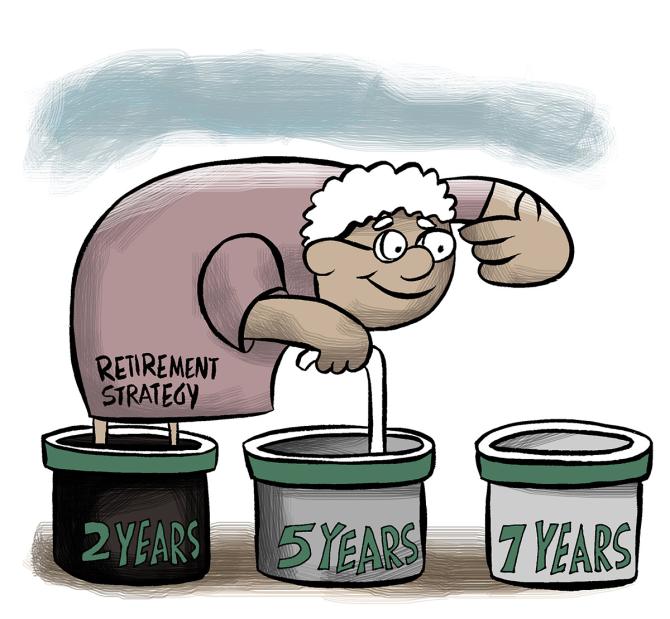The Unified Pension System (UPS), approved by the Union Cabinet on Saturday, is “fiscally prudent” as it will be funded within the Centre’s fiscal projections, according to T V Somanathan, the Cabinet Secretary-designate.

Speaking to Business Standard immediately after the Cabinet nod, former finance secretary Somanathan, who headed the committee set up in March 2023 to review the National Pension System (NPS), said the UPS will not postpone pension expenditure as it will be contributory and financed each year.
“It is fiscally prudent in the sense that we will have to absorb it each year in the Union Budget within our budgeted fiscal deficit,” he said.
“It is a fully funded contributory scheme.”
Importantly, Somanathan pointed out, there will be no burden on any future government.
“It will not go to any future government… In this, we will pay the liability, which is estimated currently at 18.5 per cent,” he explained.
This throws more light on the point made in a press release issued late Saturday evening by the Department of Expenditure (DoE) in the Ministry of Finance.
“While benefiting the employees, it will also safeguard the welfare of the common citizens, because the scheme will be fully funded, thus preventing fiscal hardship to future generations of citizens,” the DoE release said.
Somanathan said these were the features that made the new system different from the old pension system (OPS).
“We are not doing any ‘pay as you go’, which is the kind of thing the OPS does,” he said.
Under the unified system, employee contributions will remain unaltered at 10 per cent of basic pay plus dearness allowance (DA).
The government’s contribution will increase from the present 14 per cent to 18.5 per cent.
“This 18.5 per cent will cost the Centre an extra Rs 6,250 crore in the first year and Rs 800 crore as a one-time expenditure for arrears,” Somanathan pointed out.
Under the unified scheme, arrears will be paid to retirees after adjusting for withdrawals already made by them.
The 50 per cent assured benefit comes with retrospective effect, along with arrears.
All employees who have joined from 2004 onwards can continue with the NPS.
This includes those who have retired.
However, they will have the option to switch over to the UPS, which, according to Somanathan, will benefit most of them.
“All those who retired since the NPS was introduced can opt for the new unified system,” he said.
“All existing subscribers can switch, and even all retired employees can get the benefit… Besides, we will have arrears for all those who retired till now, and also those who will retire until March 31, 2025.”
Those who are taking voluntary retirement service are also covered in the scheme.
“This 18.5 per cent increase has factored that in as well,” he said.
Full assured pension will be available for a minimum qualifying service of 25 years.
To those who have served less than that, starting from at least 10 years, a pro-rata assured pension will be given.
The scheme can also be adopted by state governments.
This is expected to benefit more than 9 million employees (2.3 million Central Government employees, 300,000 employees of Central Autonomous Bodies, and another 5.6 million employees of state governments and 1 million employees of State Autonomous Bodies, if adopted by state governments).
“States will have to bear the burden if they adopt the system,” Somanathan said.












 © 2025
© 2025